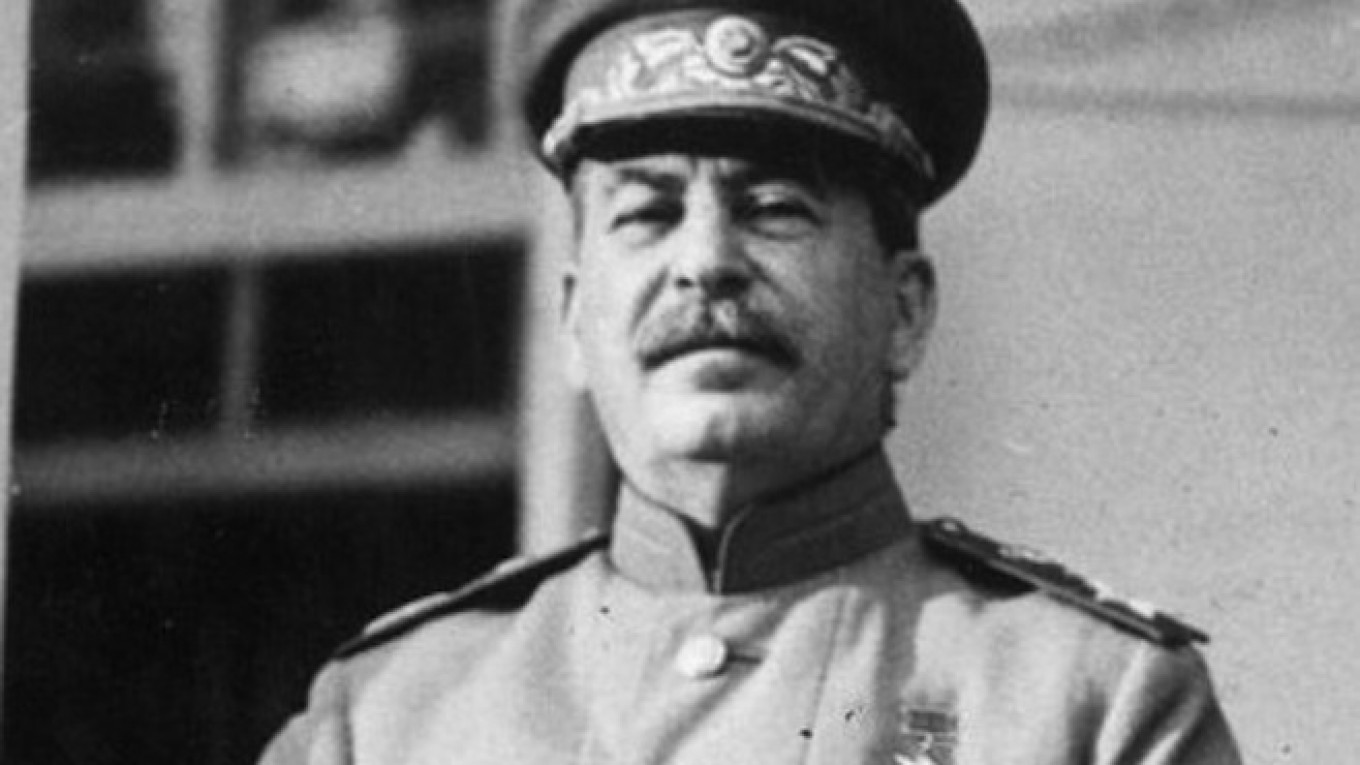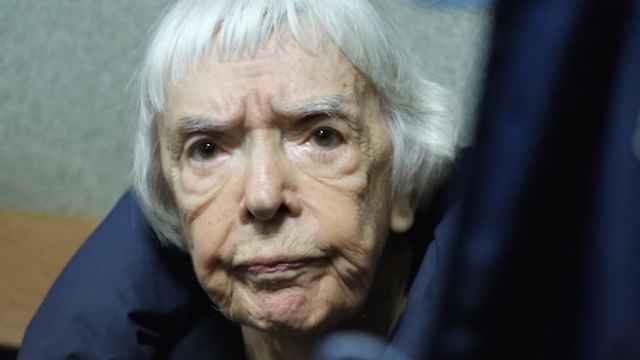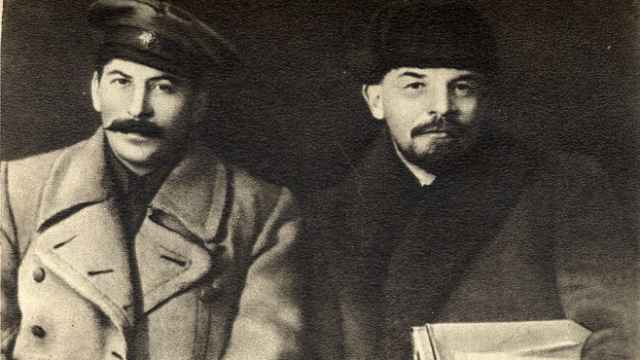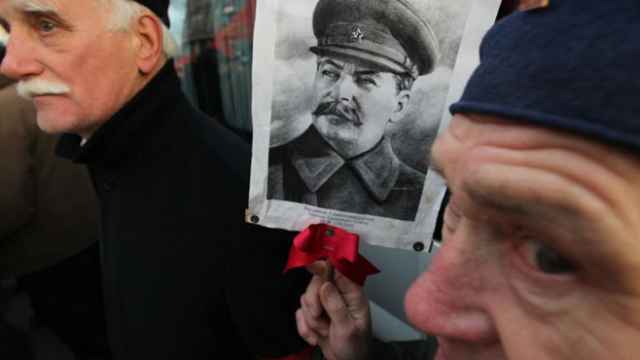On Thursday, Russian intellectuals and human rights activists will hold a "tribunal" against Soviet dictator Josef Stalin, whose popularity has recently seen a revival in the country. The hearing will aim to discuss and assess the role of the dictator, who ruled the Soviet Union from the mid-1920s until his death in 1953.
"We get the impression that there are attempts now if not to restore Stalin's personality cult, then to justify his crimes," human rights activist Lyudmila Alexeyeva, head of the Moscow Helsinki Group, was quoted as saying by Ridus news portal. "People say: 'There were, of course, victims, but he has done a lot for the country.'"
A survey released by the independent Levada Center polling agency earlier this year indicated that more than half of Russians viewed Stalin's role as positive. The poll, conducted in December and released in January, showed that 36 percent of Russians believe Stalin's policies were "more positive" than negative, while another 16 percent believe his role was "definitely positive." The poll had a margin of error of no more than 3.4 percent.
The survey's results mark a spike from a similar poll in 2013, in which the number of those who described Stalin's role as "definitely positive" stood at 9 percent.
Government officials have also taken steps to rehabilitate Stalin's image.
In one attempt to play up Stalin's role at the expense of his victims, the Perm-36 museum commemorating gulag victims shut down earlier this year, citing months of pressure from local authorities, who later announced plans to reopen the museum as a site commemorating the Soviet prison system in general, but without any exhibits on political prisoners, according to the museum director.
The central Russian region of Tver has plans to open a museum showcasing Stalin's political and military bravado, while in the Siberian city of Krasnoyarsk, municipal lawmakers are seeking to install a monument to the dictator.
The "tribunal" on Stalin's role was expected to take place at the International University on Leningradsky Prospekt, independent radio station Ekho Moskvy reported Thursday.
A Message from The Moscow Times:
Dear readers,
We are facing unprecedented challenges. Russia's Prosecutor General's Office has designated The Moscow Times as an "undesirable" organization, criminalizing our work and putting our staff at risk of prosecution. This follows our earlier unjust labeling as a "foreign agent."
These actions are direct attempts to silence independent journalism in Russia. The authorities claim our work "discredits the decisions of the Russian leadership." We see things differently: we strive to provide accurate, unbiased reporting on Russia.
We, the journalists of The Moscow Times, refuse to be silenced. But to continue our work, we need your help.
Your support, no matter how small, makes a world of difference. If you can, please support us monthly starting from just $2. It's quick to set up, and every contribution makes a significant impact.
By supporting The Moscow Times, you're defending open, independent journalism in the face of repression. Thank you for standing with us.
Remind me later.






